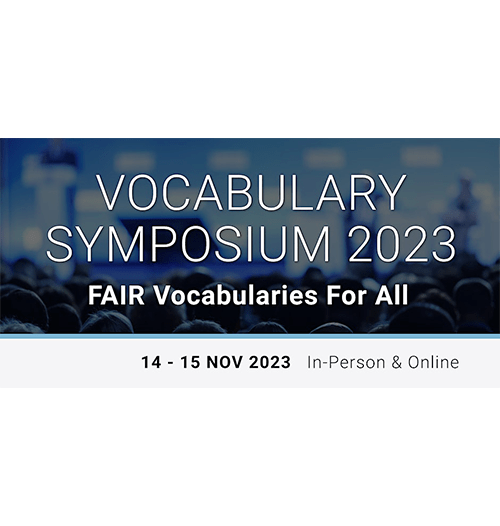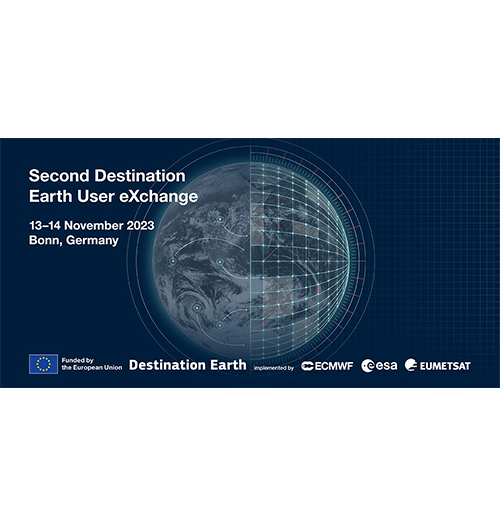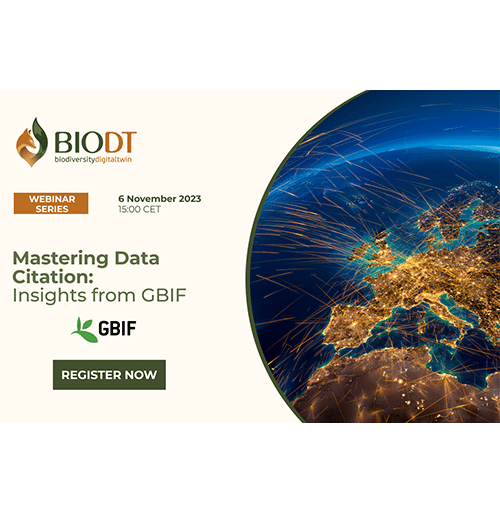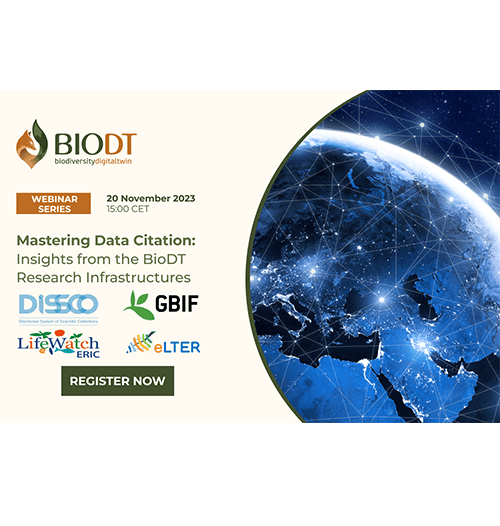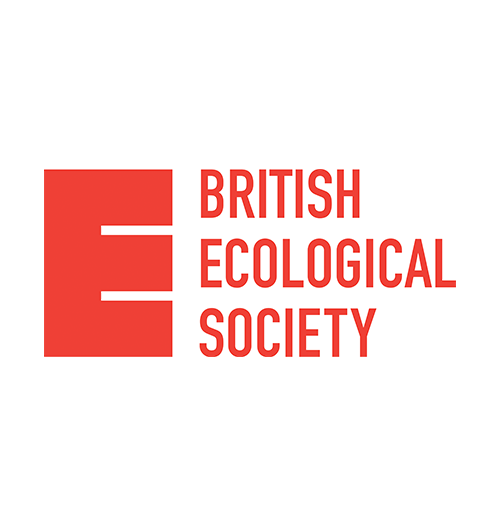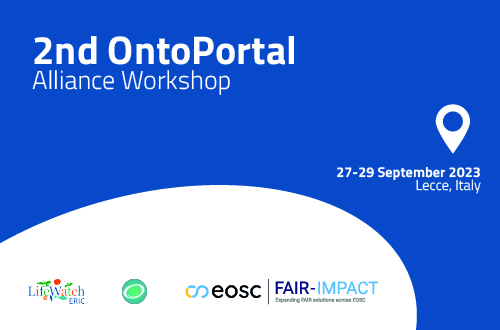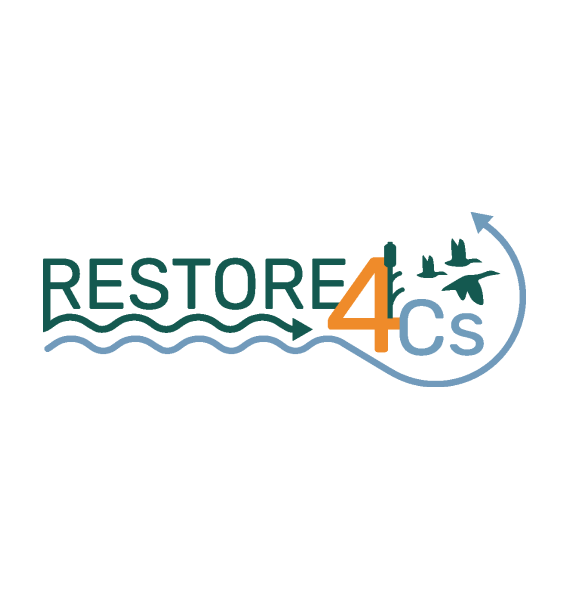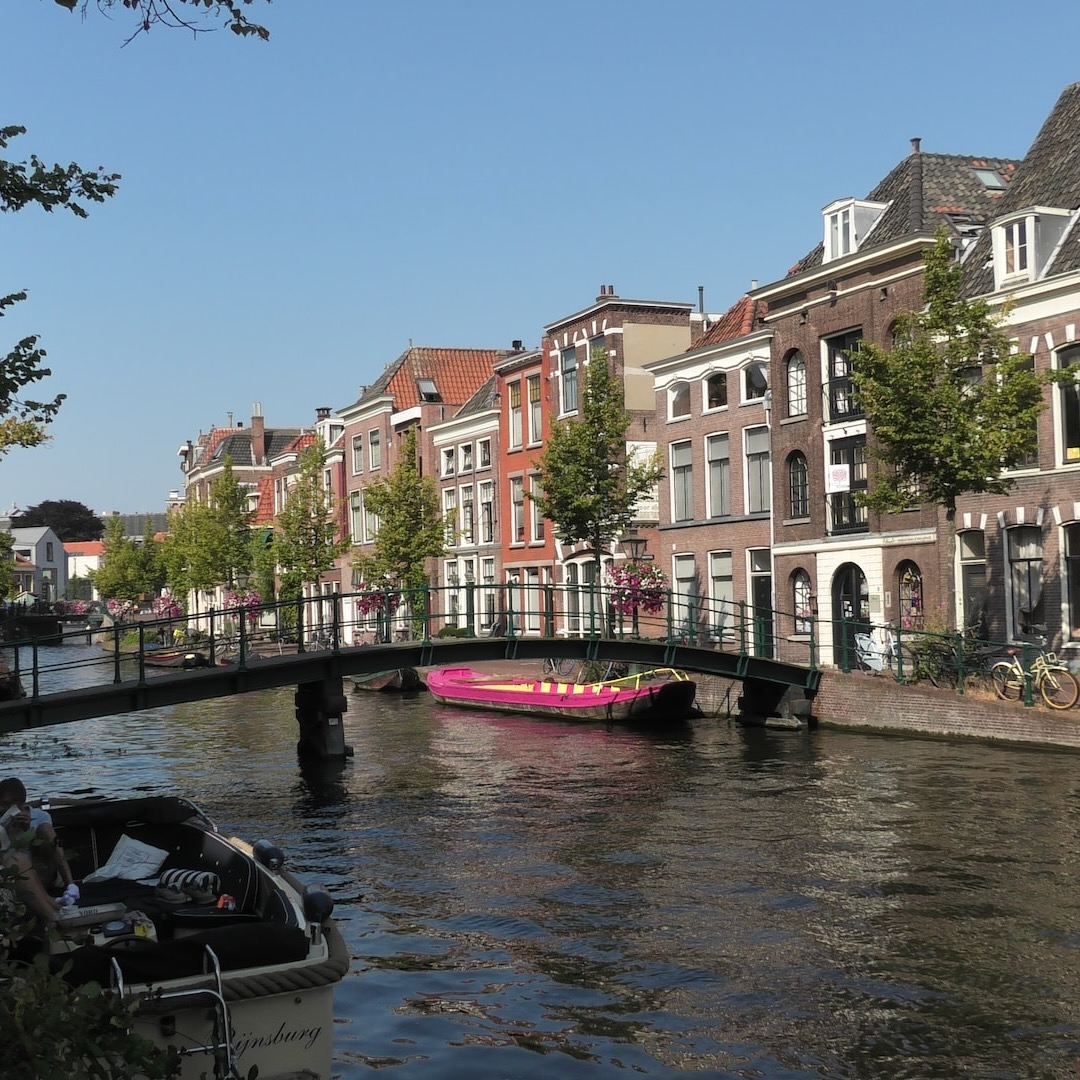09:00 | Welcome & coffee
09:15 | Quick intro and tour de table. New-comers and interested parties.
09:30 | OntoPortal year in review
09:45 | Updates from each OntoPortal installation (1/2)
- 09:45 – BioPortal
- 10:00 – AgroPortal
- 10:15 – EcoPortal
- 10:30 – MatPortal
10: 45 | Break
11:00 | Updates from each OntoPortal installation (2/2)
- 11:00 – MedPortal
- 11:15 – IndustryPortal
- 11:30 – EarthPortal
- 11:45 – BiodivPortal
12:00 | Short introductions from newcomers
- 12:00 Initiatives in Astronomy (Baptiste Cecconi, Robert Rovetto)
- 12:15 UKRI (Matthew McCormack, Alexandra Kokkinaki)
12:30 | Lunch
14:00 | Demonstration and new features (Bio/Agro/Eco)
15:45 | Review and refining the program of next 2 days
16:00 | PUBLIC SESSION: OntoPortal tutorial, user panel, and Q&A
- Ontology development lifecycle
- Tutorial on “Fast Vocabulary Management with OntoPortal and SKOSPlay”
- 20% SKOSPlay, 20% SKOS as ontology, 30% GitHub, 30% OntoPortal
- OntoPortal with VocBench
- Panel
- 3 persons confirmed the user panel
09:00 | Welcome & coffee
09:00 | Multilingual OntoPortal
10:45 | Break
11:00 | Federated services
12:30 | Lunch
14:00 | (in parallel) – Ontology versioning, diffs and historical views
14:00 | (in parallel) – Documentation and training
16:00 | Break
16:30 | (in parallel) – Semantic artefact governance workshop
16:30 | (in parallel) – Mappings repository and SSOM compliance
- Presenting IndustryPortal results on mappings
19:30 | Social dinner
09:00 | Welcome & coffee
09:15 | (in parallel) – OntoPortal code management
09:15 | (in parallel) – Political session and governance
- How do we become more compatible with industry
10:45 | Break
11:00 | Governance of the content
12:30 | Lunch
13:30 | Project proposals and funding
14:00 | Plenary debrief and next steps
15:00 | End of workshop
